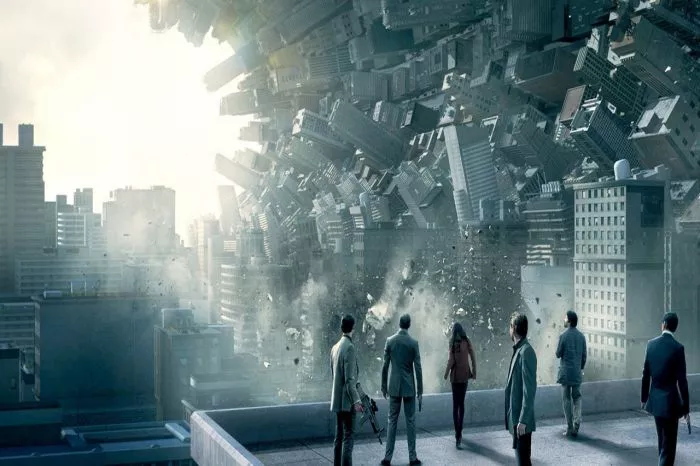Christopher Nolan’s “Inception” (2010) is a complex and thought-provoking film that continues to captivate audiences with its intricate narrative, mind-bending concepts, and philosophical themes. As one of the most celebrated films of the 21st century, “Inception” invites viewers to explore deeper meanings and unravel hidden layers of symbolism. In this analysis, we delve into the central themes and key points of “Inception,” examining its exploration of dreams, reality, identity, and human consciousness.
The Nature of Dreams and Reality
“At the heart of the experience, we wanted to make a movie about dreams that actually worked like a dream,” Christopher Nolan once explained. “Inception” challenges conventional distinctions between dreams and reality, presenting dreams as immersive alternate realities governed by subconscious desires and fears. The film’s dream levels—from the bustling streets of urban environments to the serene landscapes of subconscious realms—blur the boundaries of perception and invite viewers to question the nature of their own experiences.
Through visually stunning sequences and intricate dreamscapes, “Inception” suggests that dreams can be as vivid and tangible as waking life, challenging characters to navigate through layers of subconsciousness in pursuit of hidden truths.
Cobb’s Psychological Journey
At the heart of “Inception” is the character of Dom Cobb, portrayed by Leonardo DiCaprio, whose psychological journey serves as a focal point of the narrative. Cobb is a skilled “extractor” haunted by guilt and grief, grappling with unresolved feelings towards his deceased wife, Mal (played by Marion Cotillard).
Cobb’s emotional turmoil reflects broader existential themes explored in the film, as he confronts the consequences of manipulating dreams and blurring the line between reality and imagination. His quest for redemption and reconciliation drives the narrative forward, ultimately leading to a poignant resolution that challenges perceptions of self and identity.
The Power of Subconscious Desire
“Inception” explores the power of subconscious desire and its influence on conscious thoughts and actions. Characters navigate through dream levels constructed from their deepest fears, regrets, and aspirations, highlighting the ways in which desires shape perceptions of reality.
The concept of “inception”—the act of planting an idea in someone’s mind—serves as a metaphor for the transformative potential of subconscious thought. Through their interactions with dream environments, characters in “Inception” confront their innermost desires and confront existential questions about the nature of consciousness.
Totems and Reality Checks
Central to the narrative of “Inception” is the use of totems—personalized objects that characters use to distinguish dreams from reality. Each character’s totem serves as a reality check, providing a tactile connection to the real world amidst the fluidity of dreams.
The significance of totems underscores the film’s exploration of uncertainty and doubt, as characters grapple with existential questions about the authenticity of their experiences. The presence of totems emphasizes the importance of maintaining a sense of reality amid the malleability of dreams and subconscious thought.
The Liminal Space Between Life and Death
“Inception” blurs the boundaries between life and death, with death serving as a recurring motif throughout the narrative. The film opens with Cobb washed ashore on a beach—a symbolic depiction of being stranded between life and death, haunted by memories of his deceased wife, Mal.
The concept of limbo—a deep subconscious state resembling purgatory—further challenges conventional notions of mortality and afterlife in “Inception.” Characters navigate through layers of dreams that resemble different stages of existence, highlighting the interconnectedness of life, death, and human consciousness.
Conclusion: Philosophical Exploration
“Inception” is a philosophical exploration of dreams, reality, identity, and human consciousness, inviting viewers to contemplate profound questions about the nature of existence. Through its innovative storytelling, stunning visuals, and intricate narrative structure, the film challenges perceptions of reality and invites introspection into the depths of consciousness.
Christopher Nolan’s “Inception” continues to resonate with audiences as a modern classic that pushes the boundaries of cinematic storytelling. By unraveling hidden layers of symbolism and exploring complex themes, “Inception” invites viewers on a transformative journey of self-discovery and philosophical inquiry, leaving a lasting impression that lingers long after the credits roll.
Related Topics:
Film Review: “Schindler’s List” (1993) Directed by Steven Spielberg
Film Review – The Last Samurai

